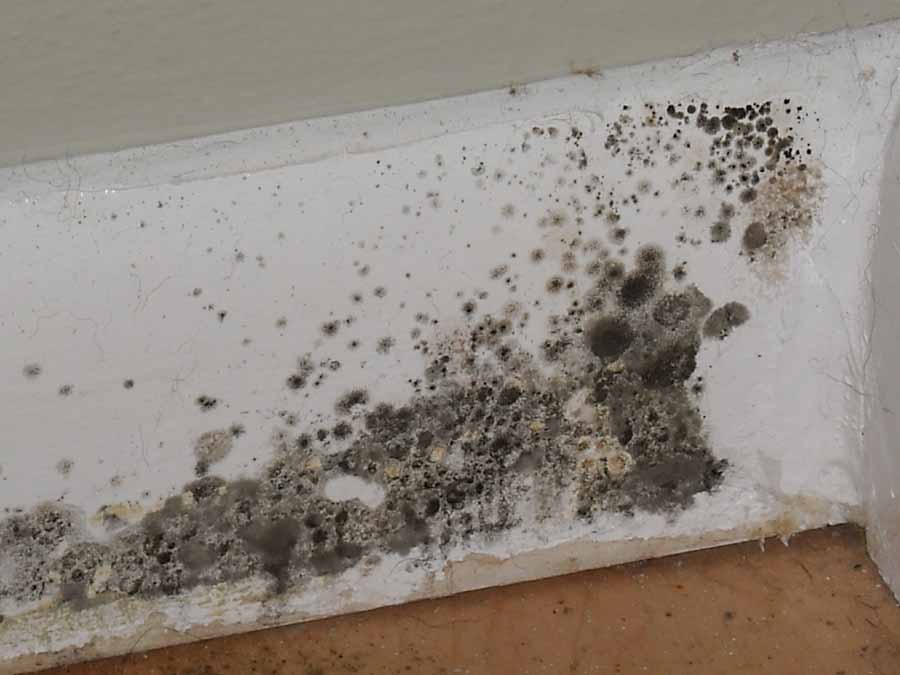Don’t Blame Home Inspector For Mould After Closing: Mark Weisleder
When you buy an old home, you must be aware of the possibility of mould behind the walls. If you are suspicious, have the proper tests done during the home inspection. It is not easy to sue a home inspector later if problems arise after closing.
Here’s why:
David McCarthy and Debbie MacNeil bought a home in Halifax in May 2013. They had received a positive report from their home inspector. Later that year, significant amounts of mould began to develop around many of the windows in the home. It appeared that there was a moisture build up problem. The solution recommended was to retrofit the house with a Heat Recovery Ventilation System that cost $5,000.
The buyers then sued the home inspector for this amount because the buyers claimed that they were not alerted to the potential problem. There was no visible evidence of mould during the inspection. It turns out that the home was not occupied for some time prior to closing, and as a result, very little moisture was being generated from cooking or showers.
The inspector noted that the fans in the bathroom were working and that the range hood in the kitchen was not connected to the outside. This complied with the building code when the house was built.
In a decision dated August 19, 2014, Adjudicator Eric Slone indicated that in his opinion, the inspector should have advised the buyers that since the kitchen range hood did not ventilate to the outside, this could lead to potential problems, especially since there were new windows in the home, which cause less leakage of air.
As a result, the judge would have allowed this claim against the home inspector, however, since the inspection report had a clear disclaimer stating that the limit of any liability was $400, that is all the buyers recovered.
In my opinion, this decision was wrong on many levels. Mould can be caused by so many things. In fact, many people install new windows for the purpose of reducing heat loss. I suppose that this could result in excess moisture in the home, if you do not make sure that the home is properly ventilated at the same time. For example, if you do not leave your windows open and generate a lot of moisture, whether by cooking or having lots of indoor plants, mould can occur. A home inspector cannot see behind walls. If a buyer is concerned about possible excess moisture, they can pay for a thermal imaging test to check for this.
Home inspectors will generally look at the grading outside your home and the downspouts, to make sure that water is being carried away from your home, to avoid potential water problems in the foundation that could later lead to leaks.
Buyers need to understand that home inspectors are not magicians and cannot see through walls. It is also standard that most inspection reports do have this limitation of liability clause so it is difficult to sue a home inspector in most cases, unless you can prove that they were very negligent in their report. If you are buying an older house, consider having some additional tests done for moisture and then after closing, when you are contemplating any renovations, speak with your contractors about how to find ways to both reduce your energy costs and at the same time, keep your home properly ventilated, for a healthy home for you and your family.
By: Mark Weisleder

